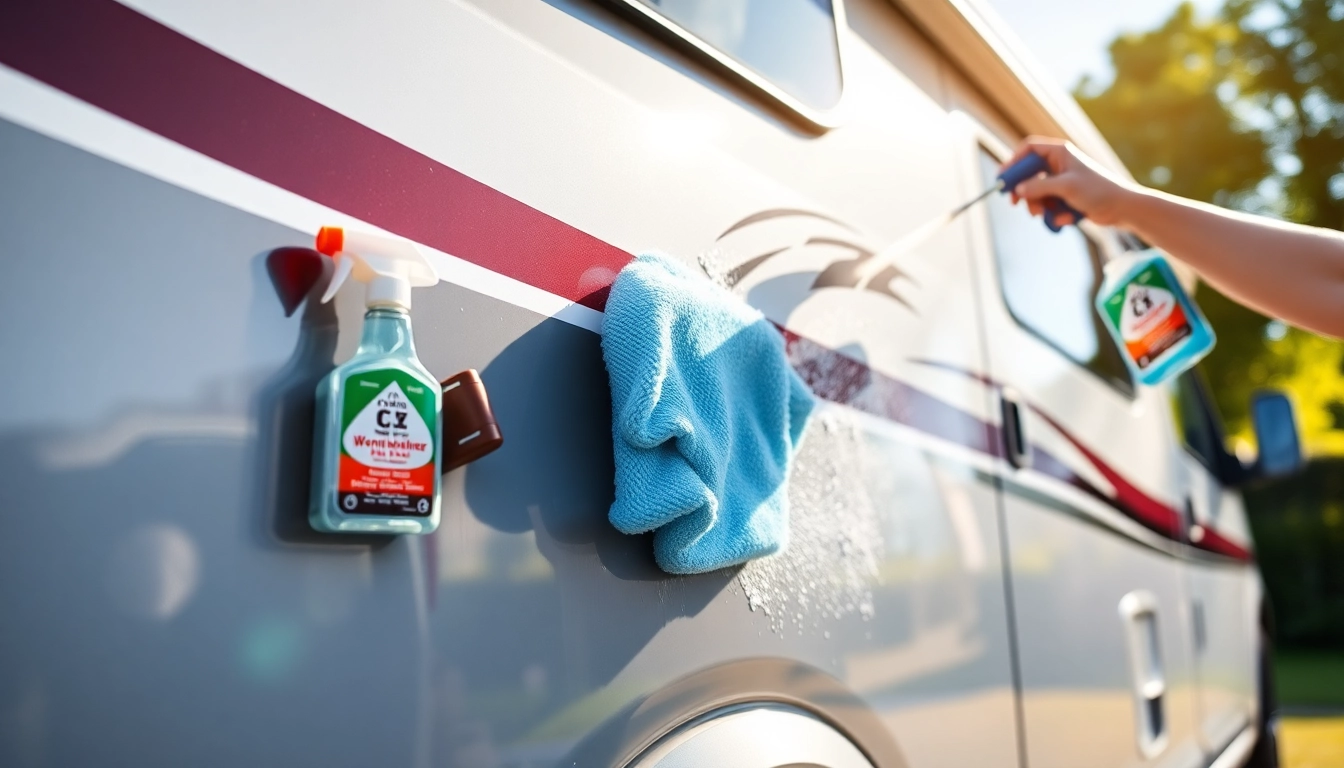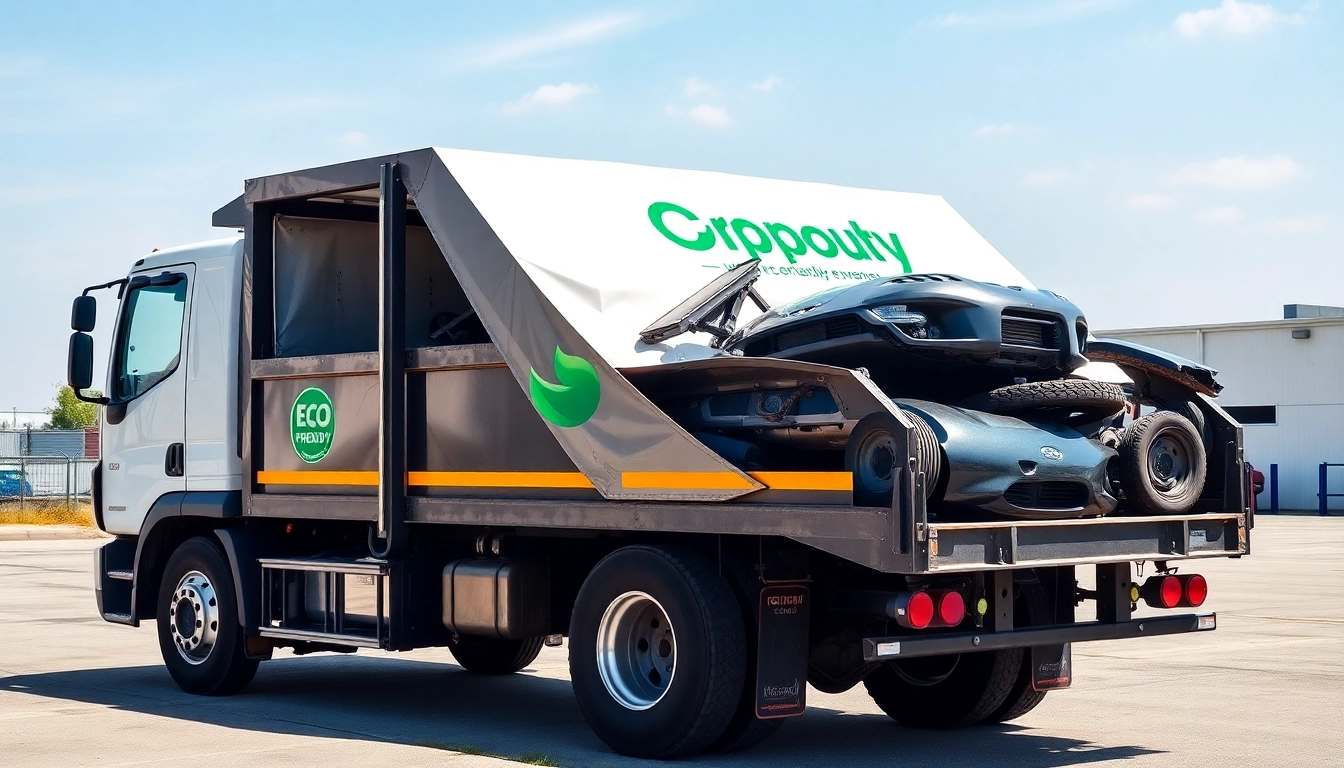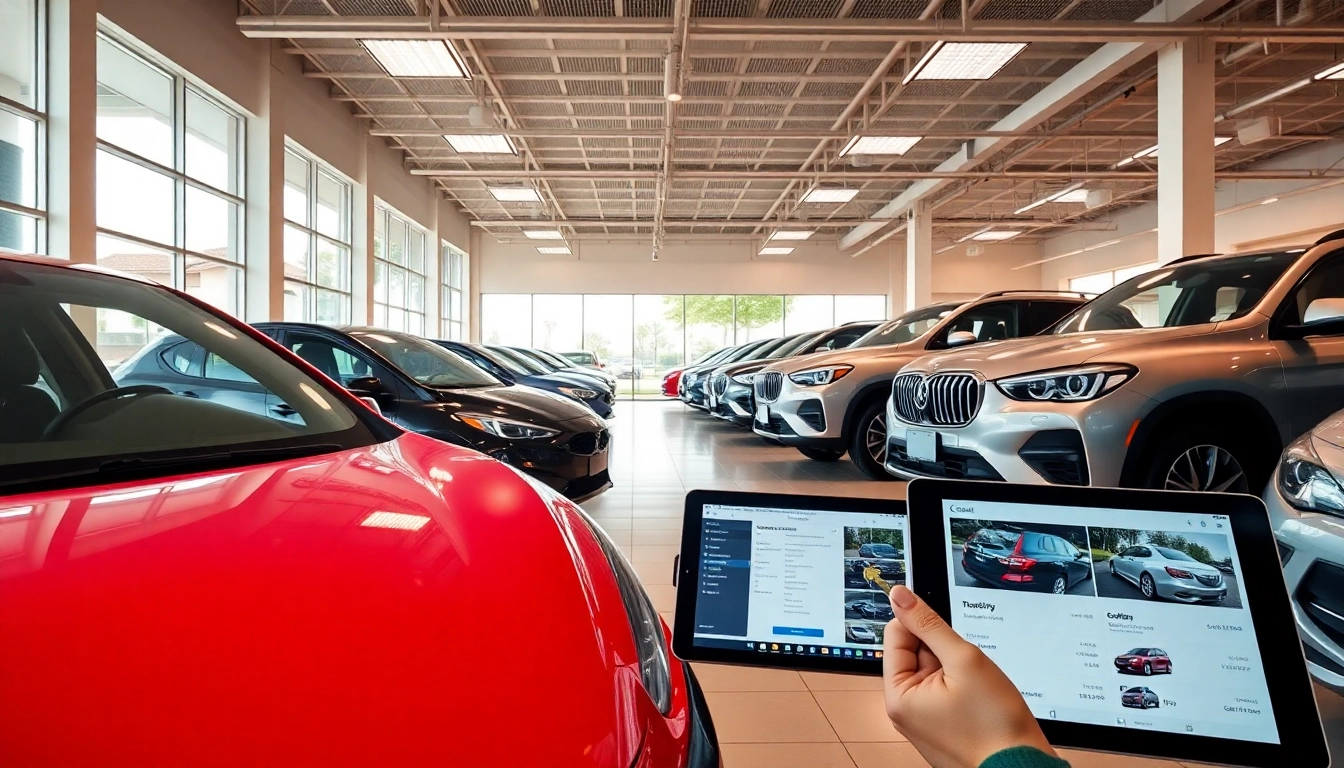Introduction: Why a Specialized RV Cleaner Is Essential
Maintaining the pristine condition of your recreational vehicle (RV), whether it’s a motorhome, campervan, or boat, requires more than just regular washing. A dedicated Wohnmobilreiniger ensures effective cleaning, long-term protection, and preserves the vehicle’s value. Unlike general household cleaners, specialized RV cleaning products are formulated to address the unique surfaces and environmental challenges faced by mobile homes on the road or water. In this comprehensive guide, we explore why investing in high-quality RV cleaners is a game-changer and how you can optimize your maintenance routine for lasting shine and protection.
The Advantages of a High-Quality RV Cleaner
Using a premium RV cleaner offers numerous benefits that go beyond simple dirt removal. First and foremost, these products are designed to be gentle on delicate surfaces like gelcoats, plastics, and painted finishes while being tough enough to eliminate stubborn grime, insect residues, and environmental fallout such as algae, bird droppings, and road grime.
Additionally, high-quality cleaners often incorporate biodegradable and eco-friendly ingredients, making them safer for the environment and reducing health risks for users. They facilitate thorough cleaning with less effort, reducing labor time and minimizing the risk of scratches or damage caused by abrasive agents. Moreover, these products often prepare surfaces optimally for subsequent treatments like sealing or polishing, ensuring a professional finish that lasts longer.
For online product options, check out some of the best solutions Wohnmobilreiniger that combine efficiency and safety.
Common Dirt and Contaminants on RVs
RVs are constantly exposed to a wide spectrum of pollutants. Regular use and environmental factors contribute to a variety of dirt accumulation:
- Road grime and brake dust: These deposit on lower panels and wheels, often requiring specialized degreasers.
- Insect residues: Especially detrimental on the front and windshield, these can be challenging to remove if not addressed promptly.
- Environmental fallout: Pollen, tree sap, bird droppings, algae, and mold can degrade surfaces and diminish gloss.
- Salt and mineral deposits: Near coastal areas, these can cause corrosion and dullness if not cleaned regularly.
- Grass and mud splashes: Common during outdoor adventures, especially around camping sites.
Understanding these contaminants helps in selecting the right cleaning agents and techniques to maintain your RV’s appearance and integrity.
Long-Term Maintenance with the Right Cleaning Products
Routine upkeep with suitable products not only keeps your RV looking new but also extends its lifespan. Regular cleaning prevents the buildup of stubborn residues, minimizes the risk of surface corrosion, and helps maintain the protective coatings installed on the exterior.
Using high-quality cleaners designed for specific surfaces such as gelcoats, plastics, or windows ensures gentle yet effective cleaning. Incorporating a sequence of washing, polishing, and sealing treatments maximizes protection. For instance, after washing with a powerful RV-specific cleaner, applying a high-quality Power Sealer can create an invisible barrier against dirt and water ingress, keeping your vehicle cleaner for longer. Additionally, periodic polishing using appropriate compounds restores lost gloss and fills minor scratches, rejuvenating your RV’s appearance.
Choosing the Right RV Cleaner
What Makes an Excellent RV Cleaner?
Effective RV cleaners share several key qualities:
- Surface compatibility: They are formulated for specific exterior surfaces like GFK, gelcoat, or painted finishes.
- Environmental safety: Biodegradable and non-corrosive to minimize environmental impact and protect your vehicle’s materials.
- Ease of use: Foam, spray, or wash options that facilitate fast and thorough cleaning.
- Residue-free rinse: Ensures no streaks or smudges are left behind, enhancing shine.
- Additional protective ingredients: Such as wax or sealants, providing long-term surface protection.
Concentrate versus Ready-to-Use Cleaners
Concentrates are economical and versatile, allowing dilution according to cleaning intensity. They are best suited for heavy-duty cleaning or larger vehicles. Ready-to-use products are convenient for quick spots or regular maintenance, ideal for those who prefer simple application without measuring or mixing.
Natural versus Chemical Cleaners: Pros and Cons
Natural cleaners, often based on plant extracts and mild acids like citric acid, are environmentally friendly and less likely to damage sensitive surfaces but may take longer to act. Chemical cleaners contain potent agents like surfactants and solvents for rapid results but require careful handling to avoid damage or health risks.
The optimal choice depends on the specific cleaning challenge, environmental considerations, and personal preferences.
Expert Tips for Applying RV Cleaning Products Effectively
Preparation and Surface Protection
Before cleaning, park your RV in a shaded area to prevent premature drying and water spots. Rinse to remove loose dirt and debris, reducing scratch risk. Use protective gear like gloves and eye protection, especially when handling concentrated or chemical products.
Step-by-Step Cleaning Guide
- Initial rinse: Remove loose dirt with a gentle water spray or foam cannon.
- Apply cleaner: Use a foam gun or spray bottle to evenly distribute the cleaning solution across all surfaces.
- Work with brushes or microfiber cloths: Soft brushes for stubborn spots; microfiber towels for delicate areas.
- Allow dwell time: Let the product act for a few minutes, depending on manufacturer instructions.
- Rinse thoroughly: Use a strong stream of water to wash away residues, ensuring no streaks remain.
- Dry completely: Use microfiber towels or drying mats to prevent water spots and facilitate a glossy finish.
Gentle Washing and Towel Drying Tips
When drying, avoid rubbing harshly or using abrasive materials. Instead, employ high-quality microfiber towels like the BCC Microfaser Towel or BCC Drying Towel, which absorb water efficiently and prevent scratches. Always rinse your towels and replace them regularly to maintain cleaning efficacy.
Post-Cleaning Care: Sealing and Polishing
Choosing Protective Coatings (e.g., Power Sealer)
Post-cleaning, applying a specialized sealer like Power Sealer enhances hydrophobicity and provides a durable shield against environmental contaminants. Proper sealing reduces future cleaning efforts and preserves the glossy appearance.
Polishing for Long-Term Shine
Polishing with a high-quality compound such as Power Polish removes minor imperfections and boosts gloss. Use a foam applicator or polisher with soft pads (e.g., 150mm Polierschwamm) for smooth results. Regular polishing maintains the surface’s integrity and visual appeal.
Routine Maintenance for Long-Lasting Shine
Implement a periodic schedule—every 3-4 months—combining washing, sealing, and polishing. Regular checkups prevent buildup of contaminants and keep your RV looking brand-new.
Common Mistakes to Avoid and Best Practices
Using Inappropriate Cleaning Agents
Always choose products specifically designed for RV surfaces. Household cleaners, especially those containing bleach or acids, can cause irreversible damage, such as dulling gelcoats or cracking synthetic materials.
Neglecting Proper Surface Protection During Cleaning
Cleaning without adequate rinsing or skipping protective steps increases the risk of scratches and surface degradation. Use gentle methods and proper tools for best results.
Ignoring Maintenance Intervals
Inconsistent cleaning can lead to the accumulation of residues that harm finishes over time. Establish a routine maintenance timetable tailored to your vehicle’s exposure and usage.
By avoiding these common pitfalls and adhering to best practices, you ensure your RV remains in top condition for years to come.



